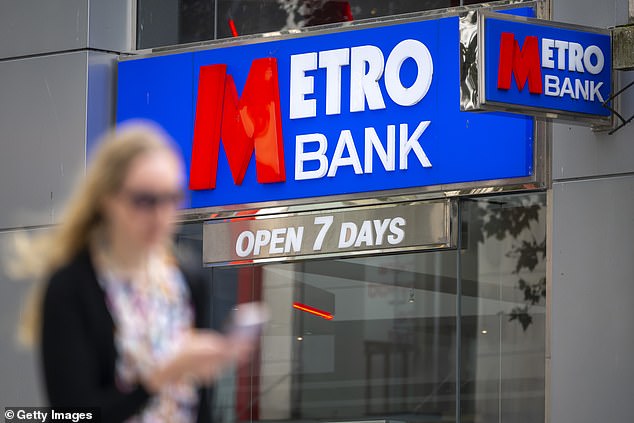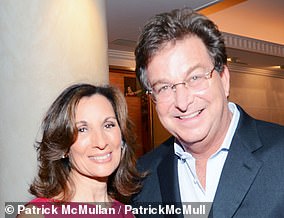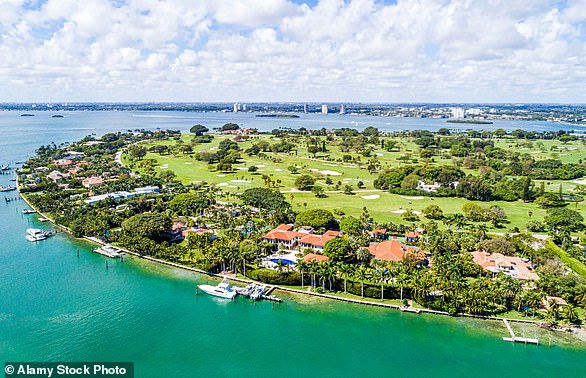Metro to open more branches after rescue… but analysts warn costly plan is unsustainable
Metro will open more branches after the bailout… but analysts warn the expensive plan is unsustainable
Metro Bank has vowed to push ahead with plans to open more branches after striking a rescue deal to shore up its creaking finances.
The lender provided a £925m lifeline, which included the sale of £150m of new shares as well as £175m of new debt on top of a £600m refinancing of existing loans.
The bailout handed effective control of Metro to its biggest shareholder, Colombian billionaire Jaime Gilinski Bacal, who provided the bank with a £102m cash injection.
That means Gilinski, 65, has seen his stake in the business rise to 53 percent from the previous level of just over 9 percent.
As part of the deal, Metro has pledged to cut costs by £30m a year, sparking fears for the future of its branch network.

Rescue deal: Metro Bank secured a £925m bailout which included the sale of £150m of new shares as well as £175m of new debt on top of a £600m refinancing of existing loans
But the bank insisted all 76 branches were safe – and said it would stick to plans to open a further 11 sites in the north of England over the next two years.
This is in stark contrast to its competitors, with consumer group Which? estimating that almost three-fifths of bank branches – or 5,600 sites – have closed in the past nine years.
In a call with analysts, Metro CEO Daniel Frumkin said the bank would stick to its branch-based approach.
“There’s nothing wrong with Metro’s business model,” he said. “With the capital we’ve just received, we’re very confident about where we’re going.”
Metro shares jumped 10.9%, or 4.95p, to 50.2p. Gilinski, who owns a stake in Metro Bank through his company Spaldy Investments, said: “The opportunity to become a major shareholder of the bank is driven by my belief in the need for physical and digital banking, supported by a focus on exceptional customer service.”
Regulators have given their stamp of approval to the deal. Now, however, Gilinski must secure an exception to takeover rules that normally require an investor to make an offer for the entire company if it raises its stake above 30 percent.
Gilinski made most of his money in banking and real estate, creating one of the largest financial empires in Latin America.
The tycoon, who is married with four children, lives in London but has a property portfolio that includes houses in New York, Panama, Miami and Colombia. He is believed to have a net worth of £4.3 billion.
Metro’s share price fell last week as bosses struggled to agree a rescue package before financial markets opened yesterday. But shareholders and creditors will pay a high price to keep the bank afloat.
The £150m fundraising was priced at 30p per share, a steep discount to Friday’s closing price of 45.3p, while the £600m debt refinancing will take at least a 40 per cent cut to some creditors.
But there are growing concerns about how long Metro will be able to sustain itself even with the extra cash, as it will have to pay painful amounts of interest on its new debt as part of the deal, with some rates as high as 14 percent. T
the bank also confirmed reports it was in talks over a potential sale of its mortgage portfolio for £3bn to ease pressure on its balance sheet.
Founded by American businessman Vernon Hill, Metro opened its first UK High Street branch in 2010.
Russ Mould, investment director at AJ Bell, said “another banking crisis has been averted – for now”. But he cautioned that questions remain about Metro’s future.
He said: “The past week will be extremely damaging to the company’s reputation and there will undoubtedly be customers who may still prefer to transfer their money to another bank.
Metro Bank must find a way to keep its customers happy and still win new business, which will be a tough job. It is time for a radical rethinking of the way the company works.
“The high cost base is unsustainable, so something has to change. If not, Metro Bank could find itself swallowed up by a larger company, whose first order of business will be to close its expensive branch network.


